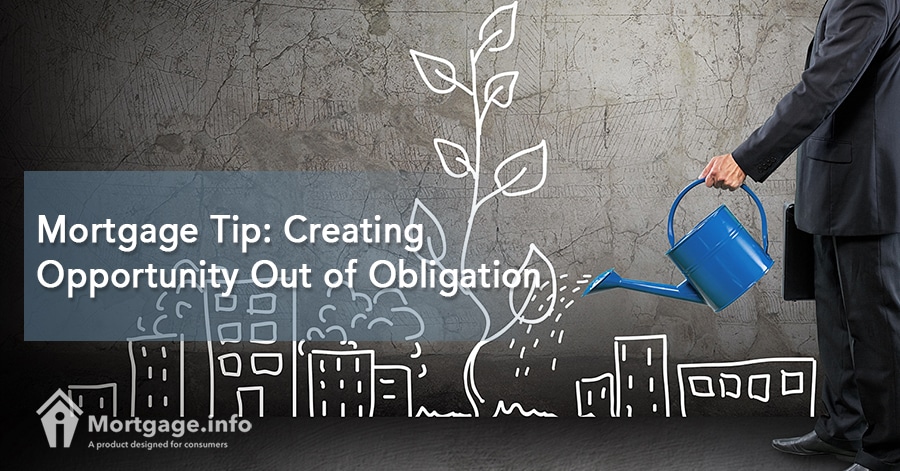How can you make the best out of your mortgage? Let us count the ways.
Most people think of loans as no more than financial obligation. If given a choice, we’d rather be debt-free – and for good reason. But while we revel in the thought of a life without due dates, having a loan actually has some very practical uses.
One common benefit of having a loan is being able to build credit. Today, having little to no credit leaves one at a disadvantage. Aside from giving you easy access to loans and many forms of financing products, having credit – and a good one at that – dictates your insurance rate. It’s now even used as a measure to determine if you’re employable or not, or if you deserve the apartment you are interested in.
Indeed, it’s become an almost inescapable modern economic tool. However, it’s not enough to just have credit. It is also your responsibility as a credit holder to make sure that your rating stays above the prime threshold. Holding too many debts won’t get you there; neither would having none. The secret to having good credit is great debt management.
If you’re a mortgage holder, here’s how you can leverage that debt and turn it into a strategic financial tool.
[sc_content_link label=”Get today’s rates.”]
Pay off your debts
If you’re like most Americans, you currently hold at least one credit card, are financing your car, and are also paying for your home loan on a monthly basis. The bulk of your money goes to interest payments for these loans.
Comparably, your credit card and auto loans have significantly higher interest rates than your mortgage. According to the Federal Reserve in August, the average interest rate on credit cards is 12.77 percent, almost a 10-percentage point higher than the average mortgage interest rate for a 30-year fixed-rate loan in the same month at around 3.8 percent. Meanwhile, the national average for US auto loan interest rates in 2017 is 4.21 percent.
Instead of paying these loans separately, one can resort to consolidating their loans into a single debt with a lower interest rate. This way, you can significantly lower down your interest payments.
Another method of doing away of high-interest loans is to refinance your current mortgage. If you have been paying your home for a few years, chances are you have built equity over time. You can tap into this reserve, take it out as cash, and use the proceeds of the loan to pay off some of your existing debts.
This is an especially advantageous opportunity knowing that rates on home loans today remain historically low.
However, if you’ve been paying off your home for several years, it may not be wise to extend your mortgage into another long term loan. If you can, refinance to a shorter-term mortgage and shave off thousands of dollars on those interest charges.
[sc_content_link label=”Speak with a lending professional today.”]
Improve or maintain good credit standing
If you’ve been timely with your credit payments, you are more likely to have good credit standing. Make sure it remains that way.
If you’re recently consolidated your debts, you’re going to see an improvement in your score in the next few months. Having fewer liabilities will result to a better score. The change won’t be instantaneous but it definitely will be recorded.
By maintaining a good score, you will have access to much better financing products with lower interest rates, which in turn will result to more savings – not that you need to take out debt just because you can. But if you do need one, you will certainly pat yourself on the back for being a responsible creditor.
Write off some of your mortgage expenses
Under the current tax rule, homeowners are subjected to the benefit of being able to write off some of the expenses they spent on their mortgages. These include interest and discount points.
To qualify, you need to itemize your deductions using the IRS form 1040, one of the three IRS tax forms used for personal federal income tax returns. The amount you can claim, however, is limited, so you cannot expect all your interest and discount point payments to be written off.
Speak with a reputable financial advisor to be guided on how to do the proper filing.
Use equity for high-return investments
Another strategic use of refinancing is to use the proceeds of the loan for investments. If you are a risk taker and willing to bet your chances on some high return ventures, then you might want to consider exploring this route.
However, for this to work, you need to ensure that your return of investment is the loan’s interest rate. You can also deduct a part of the interest on your home equity loan to extend your total return of investment further.
Who says having a debt should cause an inferno to your finances? With a bit of clever thinking and training your eye for opportunity, you can make the best out of even your biggest outstanding obligation.
[sc_content_link]

